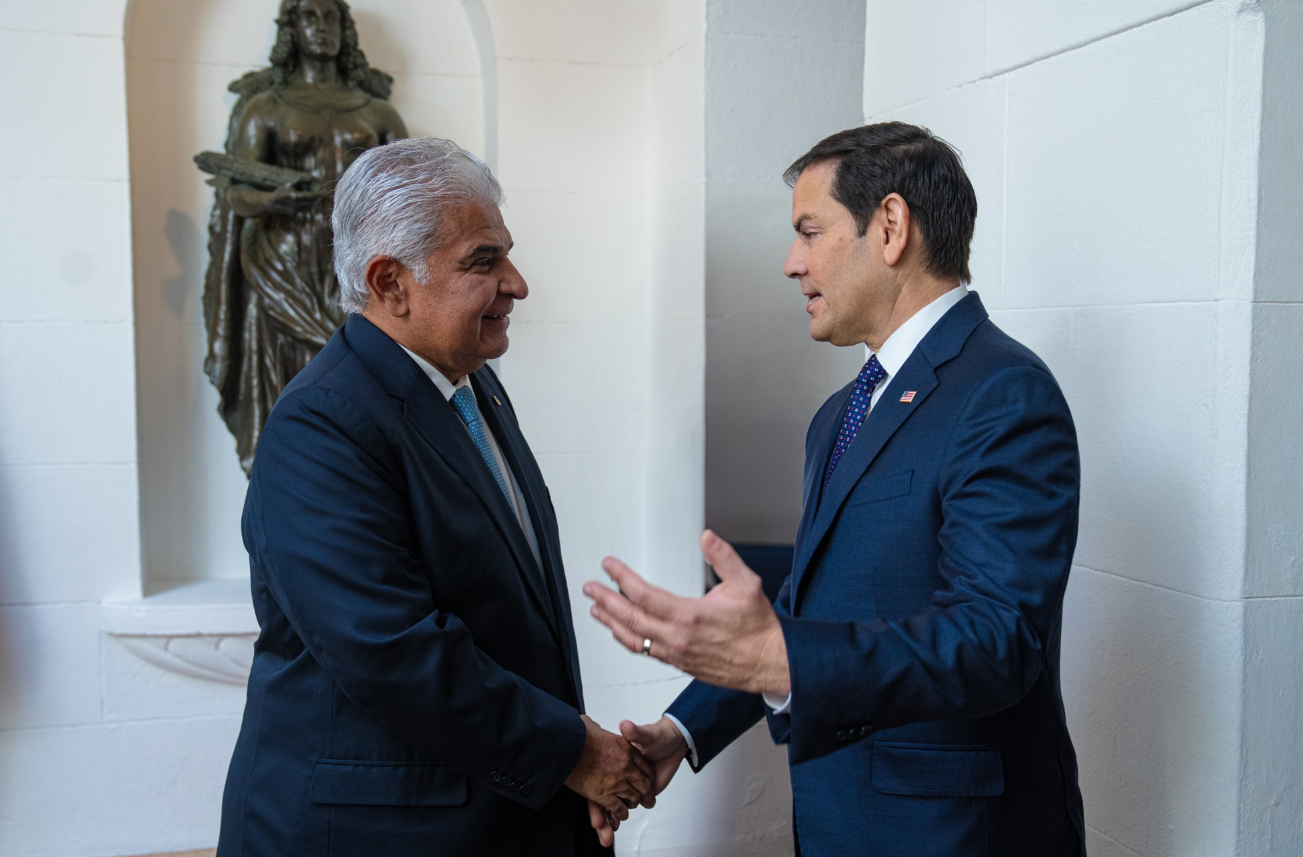
Chen Jimin, Guest Researcher, Center for Peace and Development Studies, China Association for International Friendly Contact
Feb 21, 2025
It may be dangerous to be America’s enemy, but to be America’s friend may be fatal. For both, reassessing the conventional perception of U.S. diplomacy to explore the inner logic of Trump 2.0 foreign policy is a thorny task under the unpredictable new president.
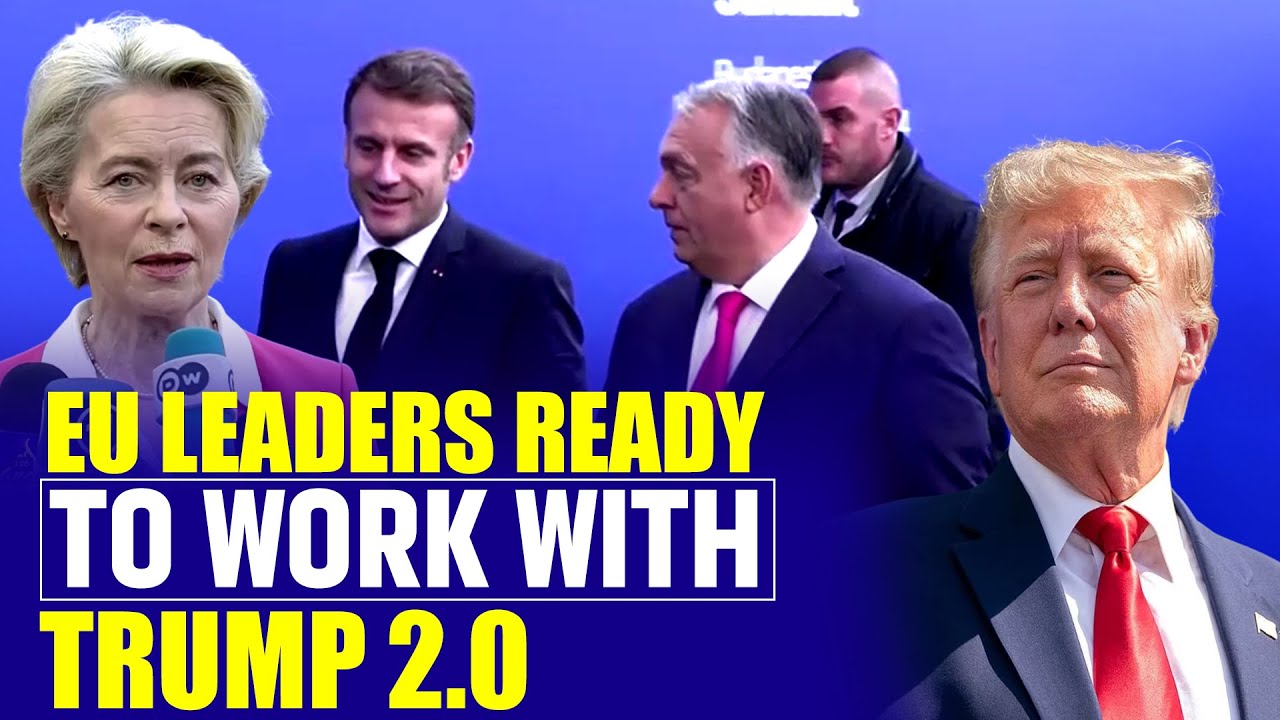
Zhang Yun, Professor, School of International Relations, Nanjing University
Feb 21, 2025
U.S. allies in the long run are expected to pursue greater strategic autonomy, which means defining their national interests outside of American influence. Their policies toward China are therefore likely to continue evolving in a pragmatic and nuanced direction.
Richard Javad Heydarian, Professorial Chairholder in Geopolitics, Polytechnic University of the Philippines
Feb 14, 2025
The latest moves by Trump’s administration are a sharp pivot into new, seemingly accommodating foreign policy. Would less U.S. presence around the world embolden China to make aggressive moves into contested spaces?
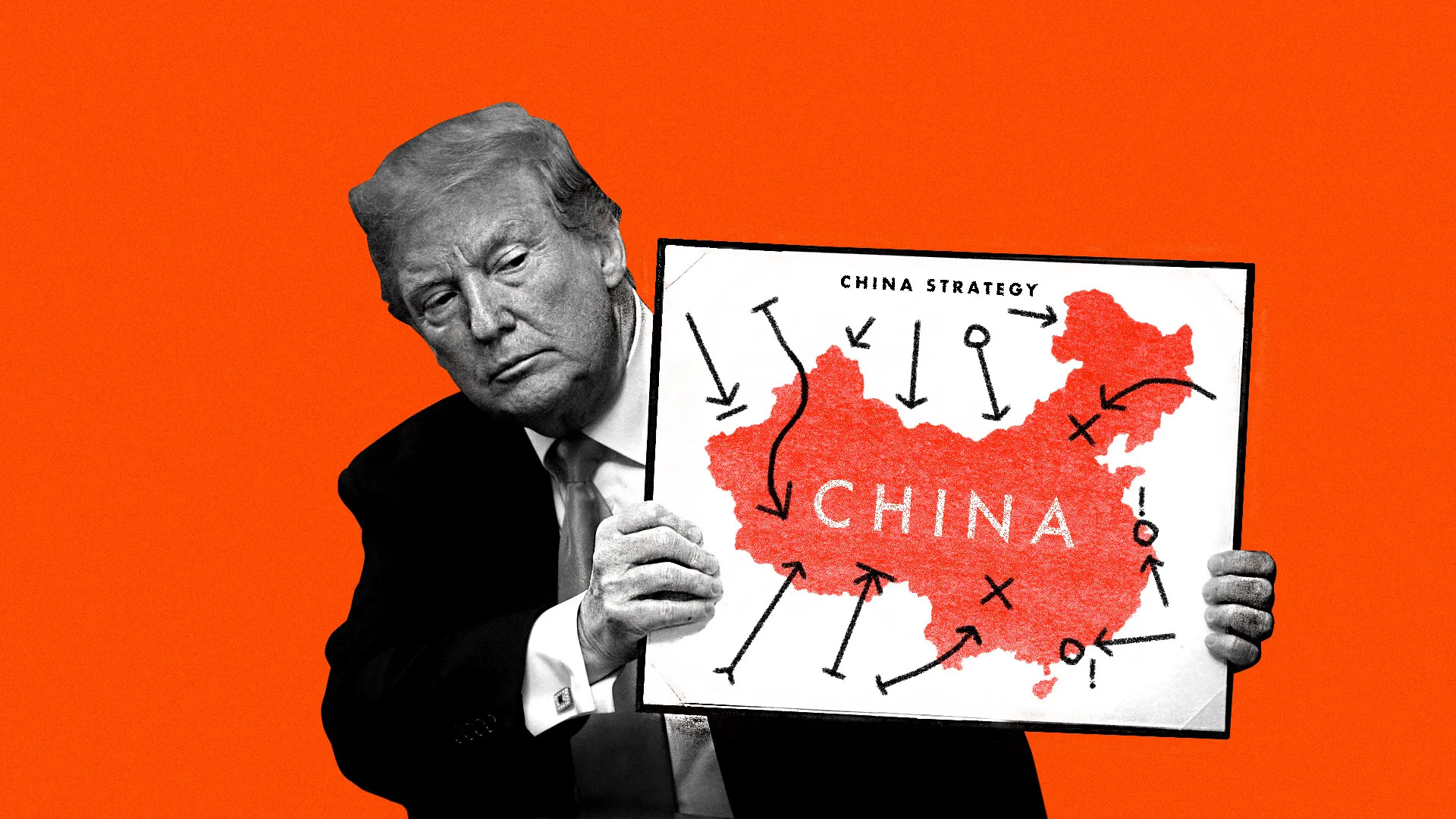
Vasilis Trigkas, Visiting Assistant Professor, Schwarzman College, Tsinghua University
Feb 14, 2025
The grand strategies of Sun Tzu and Thucydides converge on a central idea: true victory lies in avoiding direct confrontation. In an era of nuclear deterrence and global challenges, their wisdom underscores that great powers must prioritize strategic restraint, internal resilience, and measured competition over reckless escalation.
Eka Khorbaladze, Research Coordinator, Centre on Contemporary China and the World
Feb 14, 2025
Donald Trump’s return to the White House puts the Indo-Pacific at the center of U.S. foreign policy, but restoring American dominance won’t be easy. While his first term laid the groundwork for a strategic shift, China’s expanding economic and military influence has only grown stronger. To compete, Trump must recalibrate U.S. engagement—strengthening military alliances, reviving economic initiatives, and leveraging technological advantages—before Beijing cements its leadership in the region.
Joseph S. Nye, Professor, Harvard University
Feb 13, 2025
As wildfires raged through Los Angeles in January, the infamous American conspiracy theorist Alex Jones posted on X (formerly Twitter) that they were “part of a larger globalist plot to wage economic warfare & deindustrialize the [United] States.”
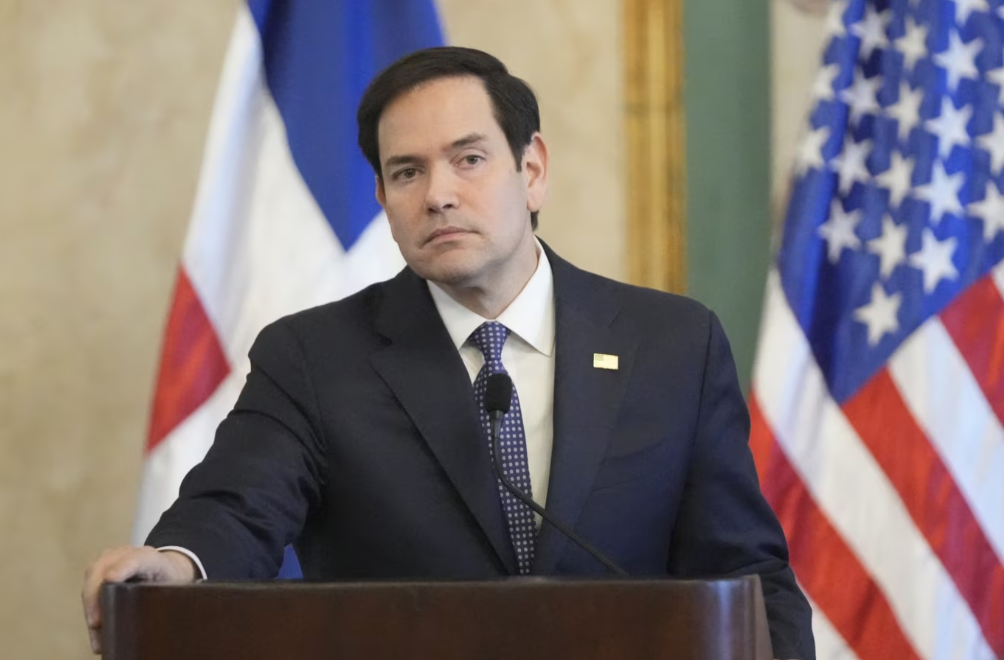
Zhang Zhixin, Chief of American Political Studies, CICIR
Feb 13, 2025
The new U.S. secretary of state will emphasize stemming the tide of immigration, with discussions likely involving law enforcement and economic cooperation, particularly with Guatemala, El Salvador and Honduras, which are significant sources of migrants. But as the Global South awakens generally, U.S. dominance will not be well-tolerated.
Nong Hong, Senior Fellow, National Institute for the South China Sea Studies
Feb 07, 2025
The incoming U.S. administration poses significant challenges, with repercussions extending beyond bilateral relations with China. Finding the proper balance between international exchanges and national security will unlock the door to scientific progress and the greater good of humanity.

Sujit Kumar Datta, Former Chairman of Department of International Relations, University of Chittagong, Bangladesh
Feb 07, 2025
Despite their differences, both China and the United States benefit from constructive connections and suffer from continued antagonism. The next few years will determine whether relations will develop into a new cold war or move toward a more equitable form of coexistence.
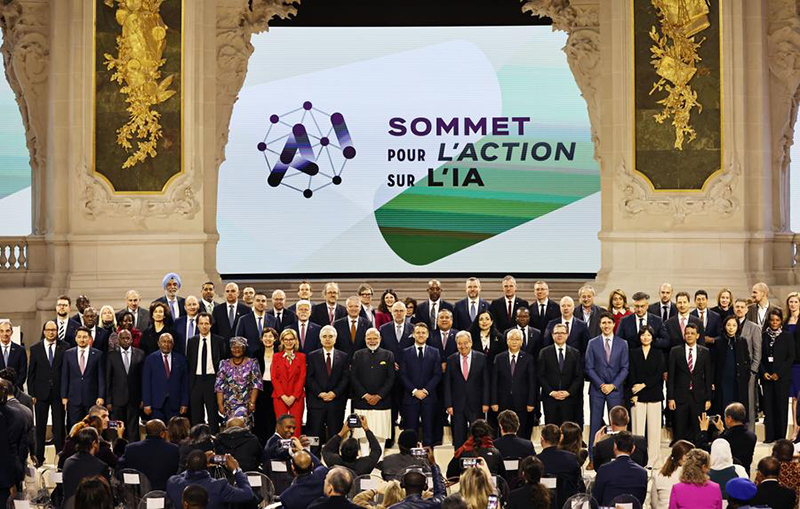
Wang Youming, Senior Research Fellow of BRICS Economic Think Tank, Tsinghua University
Feb 07, 2025
While the Western outlook on global governance reveals defects and weaknesses, the new outlook proposed by BRICS countries has attracted broad international attention.